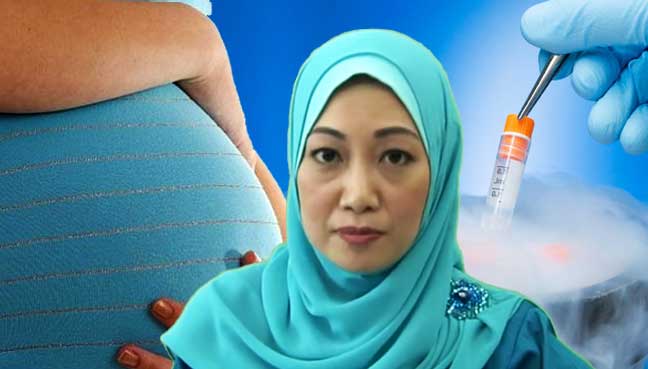Family planning includes various options for women wanting to preserve their fertility, including egg freezing. This option is a medical procedure allowing women to save their eggs for future use. For those assessing their options, it is valuable to understand egg freezing and its process, benefits, and available alternatives.
What Is Egg Freezing?
Egg freezing, also known as oocyte cryopreservation, is a method of preserving a woman’s reproductive cells by extracting and freezing her eggs. This process is typically performed to help individuals who wish to delay parenthood or who face medical conditions that may affect fertility. The frozen eggs remain viable for a number of years, allowing for potential conception at a later stage through assisted reproductive technology.
The preserved eggs are stored in liquid nitrogen at sub-zero temperatures. This halts the aging process. When the individual is ready for parenthood, the eggs can be thawed, fertilized using in vitro fertilization (IVF), and implanted into the uterus.
What Does the Process Involve?
The egg freezing process involves several medical steps. It begins with hormonal treatments to stimulate the ovaries and encourage the production of multiple eggs, which are then retrieved during a minor surgical procedure. This may include an ultrasound-guided procedure to extract the eggs.
Once retrieved, the eggs undergo rapid freezing using a method called vitrification. This process minimizes the formation of ice crystals, enhancing the chances of preserving high-quality eggs. The frozen eggs are stored until the individual decides to use them for future fertility treatments. The entire procedure generally takes a few weeks to complete, with variations depending on individual circumstances.
What Are the Benefits?
This family planning option offers several benefits for those evaluating it. It allows individuals to pause their biological clock by preserving eggs at a younger age when their quality and quantity are optimal. The procedure is also a useful option for those whose fertility may be impacted by medical conditions or treatments, such as chemotherapy or radiation for cancer. By freezing eggs before starting such treatments, women can maintain the possibility of having biological children in the future.
What Are the Possible Alternatives?
Several non-medical alternatives may support personal family planning goals. These include lifestyle adjustments, fertility awareness, or exploring other paths to parenthood.
- Fertility Awareness Methods: Tracking ovulation and understanding one’s fertility cycle can be an effective way to plan. Tools such as ovulation prediction kits or fertility tracking apps help individuals identify optimal windows for conception, providing a natural method of managing reproductive goals.
- Egg Donation or Surrogacy: Options like egg donation or surrogacy provide alternative means of achieving parenthood. Egg donation is suitable for women who may face challenges with egg health, while surrogacy involves a person carrying a pregnancy on behalf of the intended parent or parents.
- Lifestyle Adjustments To Enhance Fertility: Healthy lifestyle changes may help preserve fertility for longer durations. These include maintaining a balanced diet, exercising moderately, and avoiding smoking or excessive alcohol consumption. Although not a substitute for egg freezing, these measures can support reproductive health.
Explore Your Options Today
Planning your reproductive future involves understanding the options available and assessing which path aligns with your personal or medical needs. While egg freezing has various benefits, exploring alternatives may open additional possibilities. To make informed decisions, consult a fertility expert to discuss your goals and circumstances. Whether through egg freezing, fertility awareness, or other paths, you can take proactive steps toward building the family you envision.
- mylovelyfurryfriend discover expert tips on dog health
- Infectious Diseases Updates – Stay Informed, Stay Protected!
- Wegovy For Weight Loss – A Breakthrough in Managing Obesity!
- Emergency Medicine Forum – A Hub for Fast-Paced Knowledge, Support & Updates!
- Pediatrics Discussions – Insights, Challenges, and Expert Advice for Better Child Health!





Leave a Reply